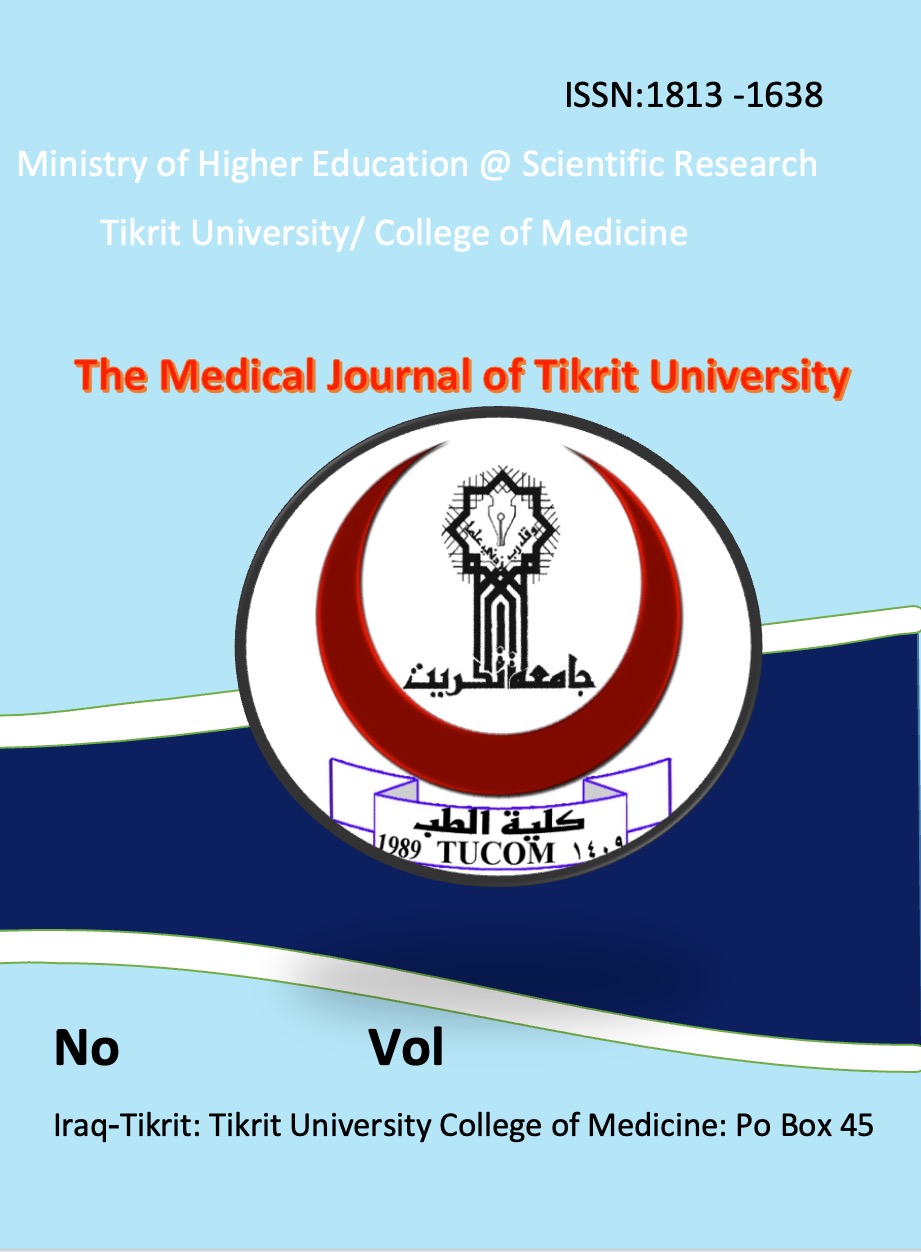Abstract
Background: Infantile colic is a benign condition and a common cause that made
parents to seek medical advice in the early three months of life. It is defined as
paroxysms of crying and fussiness more than three hours per day, more than three days
in a week for three weeks in a healthy infant from fourteen days to four months of life
.The real cause still unknown but underlying organic causes less than 5%.
Aim of the study: To evaluate the mother's attitude about infantile colic.
Patient and Method: A cross sectional hospital-based study done on 200 mothers whose
baby had infantile colic to evaluate mother’s knowledge about treatment of their
problem, the study was done at the Pediatric consulting department of Salah-Alden
General Hospital during the period from 2nd January to 30th August 2021 selected not
randomly. The Mother’s knowledge were taken by the wards of the mother without
interference and without guidance, the source of the knowledge depend whether it is
taken from her previous experience, her relatives and friends, health care provider, from
social media. Regarding educational level of the mothers were divided into illiterate,
read and write, primary school, secondary school and college. Regarding the type of
formula, the formulas divided into the types as AC formula, AD formula regardless the
name of the company.
Results: The study showed that the high rate of males and females children enrolled in
this study was in 2 months of age (29.73 and 30.34% respectively). The majority of
children were belonged to families lived in urban area. 52% of the mothers consulted
physician, 50.5% consulted medical staff. Most of mothers haven’t knowledge about
infantile colic 63.5%, and 17% acquired their knowledge from previous experience or
relatives and friends. 30% of mothers were completed primary school, 27% were
illiterate, 19% read and write and 13% for each of secondary school and college. The
high rates of most mothers with variety education levels haven’t previous experience.
Conclusions: The study showed that the high rate of children was in 2 months of age
and belonged to families lived in urban area. Most of the mothers consulted doctor and
health care providers and most of them haven’t experience about infantile colic and
manage it by anti-colic drugs and changing of formula.
parents to seek medical advice in the early three months of life. It is defined as
paroxysms of crying and fussiness more than three hours per day, more than three days
in a week for three weeks in a healthy infant from fourteen days to four months of life
.The real cause still unknown but underlying organic causes less than 5%.
Aim of the study: To evaluate the mother's attitude about infantile colic.
Patient and Method: A cross sectional hospital-based study done on 200 mothers whose
baby had infantile colic to evaluate mother’s knowledge about treatment of their
problem, the study was done at the Pediatric consulting department of Salah-Alden
General Hospital during the period from 2nd January to 30th August 2021 selected not
randomly. The Mother’s knowledge were taken by the wards of the mother without
interference and without guidance, the source of the knowledge depend whether it is
taken from her previous experience, her relatives and friends, health care provider, from
social media. Regarding educational level of the mothers were divided into illiterate,
read and write, primary school, secondary school and college. Regarding the type of
formula, the formulas divided into the types as AC formula, AD formula regardless the
name of the company.
Results: The study showed that the high rate of males and females children enrolled in
this study was in 2 months of age (29.73 and 30.34% respectively). The majority of
children were belonged to families lived in urban area. 52% of the mothers consulted
physician, 50.5% consulted medical staff. Most of mothers haven’t knowledge about
infantile colic 63.5%, and 17% acquired their knowledge from previous experience or
relatives and friends. 30% of mothers were completed primary school, 27% were
illiterate, 19% read and write and 13% for each of secondary school and college. The
high rates of most mothers with variety education levels haven’t previous experience.
Conclusions: The study showed that the high rate of children was in 2 months of age
and belonged to families lived in urban area. Most of the mothers consulted doctor and
health care providers and most of them haven’t experience about infantile colic and
manage it by anti-colic drugs and changing of formula.
Keywords
Attitude
infantile colic.
mothers
